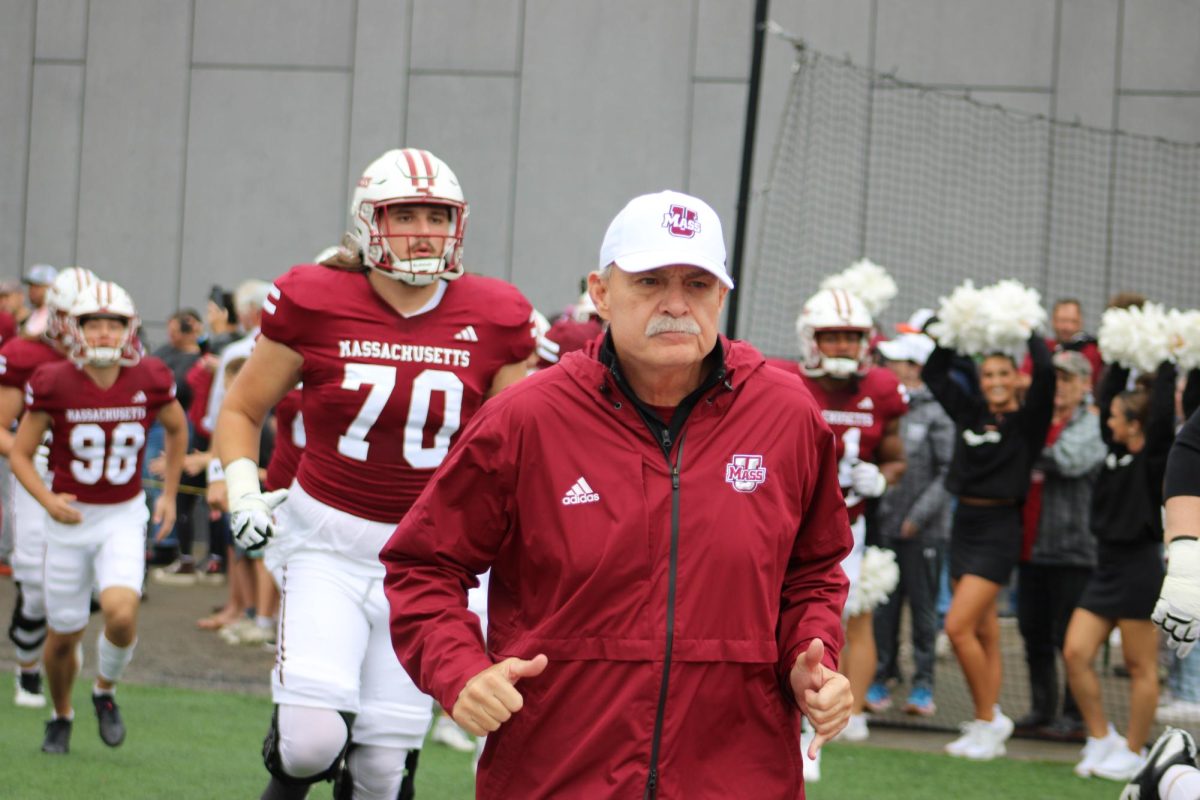
Our media and our politics are riddled with division: progressive and conservative, Democrat and Republican, CNN and Fox News. But Americans are more than the sum of the legislation our government passes, the case law that our courts write or the rhetoric spoken by the politicians we elect. The citizenry is defined by more than approval ratings and polling. Political action is one way of pushing for change, but it lands us in political and cultural gridlock. There is another way of bettering the country, and it starts at the ground level. If we, as people under a representative democracy, work to be both greater as individuals and more decent to each other, then the political action and progressive change will follow.
I find it easy to get caught up in the never-ending partisan conflict, and to be riddled with feelings of resentment for those who disagree with me. It is even easier to get caught up in abject negativity toward the current state and future prospects of the United States. The nature of political conflict is that it is unyielding, and I would not seek to challenge its nature even if I would like to see progress move faster in my lifetime. The pendulum will always swing. But there is a realm outside of partisanship that can change at any time, and it is one that gives me hope. On an individual and interpersonal level, the American people have all the puzzle pieces to be put together for greatness.
Different regions in the United States have positive stereotypical traits applied to them which, supposing that those stereotypes actually hold true, could be spread on an interpersonal level between every person in our country. The nature of stereotypes is that they are often general, flawed and destructive, so I would ask readers to understand that the stereotypes that I refer to are imprecise and do not perfectly capture the spirit of the American people. I refer to Southern hospitality, Northeastern intellectualism and Midwestern kindness as we envision them to be in the best of lights, not necessarily as they actually are.
Treating people as family, being polite and charitable to all you meet and taking pleasantries seriously is what Southern hospitality dictates. What if everyone in America was as neighborly as we envision Southerners to be? The inclination to be cold and reserved is so tempting, especially in heavily populated areas where you can get away with ignoring other people. But there is something imperceptibly good about living in a close-knit community, and I believe that a nation can, in that way, act as one large community.
Further, what if everyone was provided the same educational opportunities as those in the Northeast? Between the eight Ivy League universities in the Northeast and the top public education ranking of five Northeastern states, the Northeast enjoy the extensive benefits of excellent education including lower crime rates and better health.
Finally, what if everyone placed a higher premium on politeness like the residents of the Midwest? Take for example ‘Minnesota Nice,’ the inclination toward friendliness, humility and being family-oriented. This charm is especially desirable in our modern society that can so often feel like it is ruled by advertisement, consumerism and greed. If we all aspired to be ‘Minnesota Nice,’ we might become a massive country with a small town feel.
These regional stereotypes are flawed. Not everyone in the Midwest is friendly. Northeastern intellectualism is often paired with elitist condescension in the form of an ivory tower from which to look down on everyone else. Southern hospitality is not necessarily extended to minorities and the disenfranchised.
However, I would hold the truth to be self-evident that we could all afford to be a little kinder. We could be more informed and better educated. We could respect one another more. We could take more time to appreciate the little things in life, and to make jokes at our own expense even if we are, in our hearts, proud about what we have accomplished.
These statements can apply to anyone, whether they are students typing away on their laptops in Western Massachusetts, Wall Street bankers in the concrete jungle, farmers in rural Iowa, mechanics in Oregon or any of the other 326 million Americans that share this land.
Imagine 326 million salt-of-the-earth citizens unified in a common goal of decency. We still need to stand up for the politics and ideals we believe in, even if they do not align with the beliefs of our fellow Americans. But if we all act as if we are worthy of greatness, we may one day become truly great. Different people in different parts of this country exhibit various aspects of greatness, and if those aspects become universally American, then we will be well on our way to a more perfect union.
Dan Riley is a Collegian columnist and can be reached at [email protected].


















